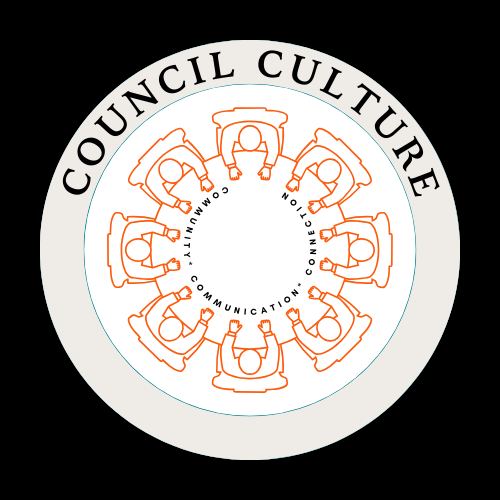The Drama Triangle, Why Councils Get Cast as the Villain
One of the great ironies of council work is this: we are often trying to do something kind, helpful, or celebratory, and somehow we end up being the bad guy. We organise an event, only to be told we wasted public money. We plant trees, and someone vandalises them. We install a bench, and we’re accused of ignoring something more important. Why does this happen?
To understand it, we need to look at a psychological model called the Drama Triangle.
The Villain, the Victim, and the Hero
The Drama Triangle, developed in Transactional Analysis, describes three roles that people often fall into during conflict or miscommunication:
The Victim, who feels powerless or unheard
The Persecutor, who is blamed or seen as “in the wrong”
The Rescuer or Hero, who comes in to save the day
In the public imagination, councils are frequently cast as the Persecutor, especially when money is involved. Think about the classic Robin Hood story. It’s the Sheriff of Nottingham, not the Mayor of the Village Fair, who gets the blame for injustice. This narrative is hardwired into how we think about power and money.
Why It’s a Problem
When the council is framed as the Persecutor, the community responds as Victims. And who steps into the Hero role? Often, it’s the local social media commentator or campaigner who believes they’re defending the public good.
This creates a loop of defensiveness. We explain our decisions with logic and facts. They respond with emotion and mistrust. No one feels heard. And the conversation goes nowhere.
Flipping the Triangle
The way out of the Drama Triangle is not to argue our case harder. It’s to step out of the triangle altogether and invite the community into the process.
Instead of deciding what is best and then announcing it, we ask:
What matters to you?
What should we spend this budget on?
What do you want to see in your park, your street, your local events?
We become the facilitator, not the authority. We give the power back. And with that comes trust.
“You Said, We Did”
One of the most powerful tools in building trust is showing that we are listening. When residents make suggestions, and those suggestions lead to action, say so:
“You said we needed another dog bin on the east field. It’s installed.”
“You asked for longer library hours. We piloted a late-night opening.”
These examples shift us from Persecutor to Partner. They show that governance can be responsive and collaborative.
The Role of Emotion in Public Perception
Facts rarely change minds. Emotions do. If a resident is upset about a change or a perceived oversight, it often comes from a place of feeling unheard, unsafe, or excluded. Meeting emotion with empathy rather than defensiveness helps to shift that dynamic.
That might sound like:
“We understand this change has caused frustration. We’re reviewing the policy and welcome your feedback.”
“We’re sorry this event didn’t meet expectations. Tell us how to make it better.”
Final Thought
The Drama Triangle is tempting to fall into, but you don’t have to play a part. When councils show they are listening, invite participation, and speak with emotional intelligence, they change the narrative.
We are not the Sheriff of Nottingham. We’re the ones putting up the Christmas lights, planting the trees, and hosting the community barbecue. And when people see us that way, they’re much more likely to join in.
